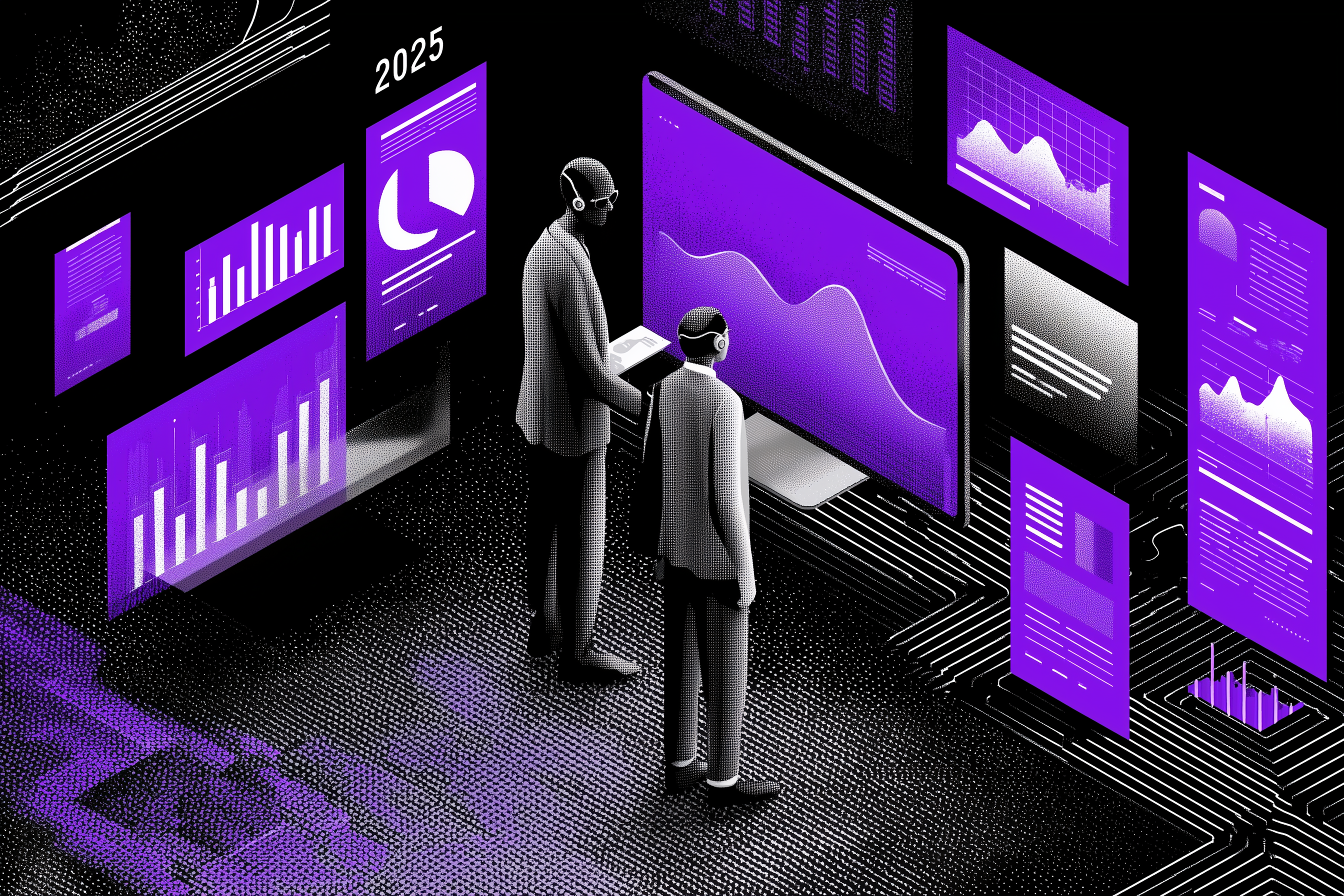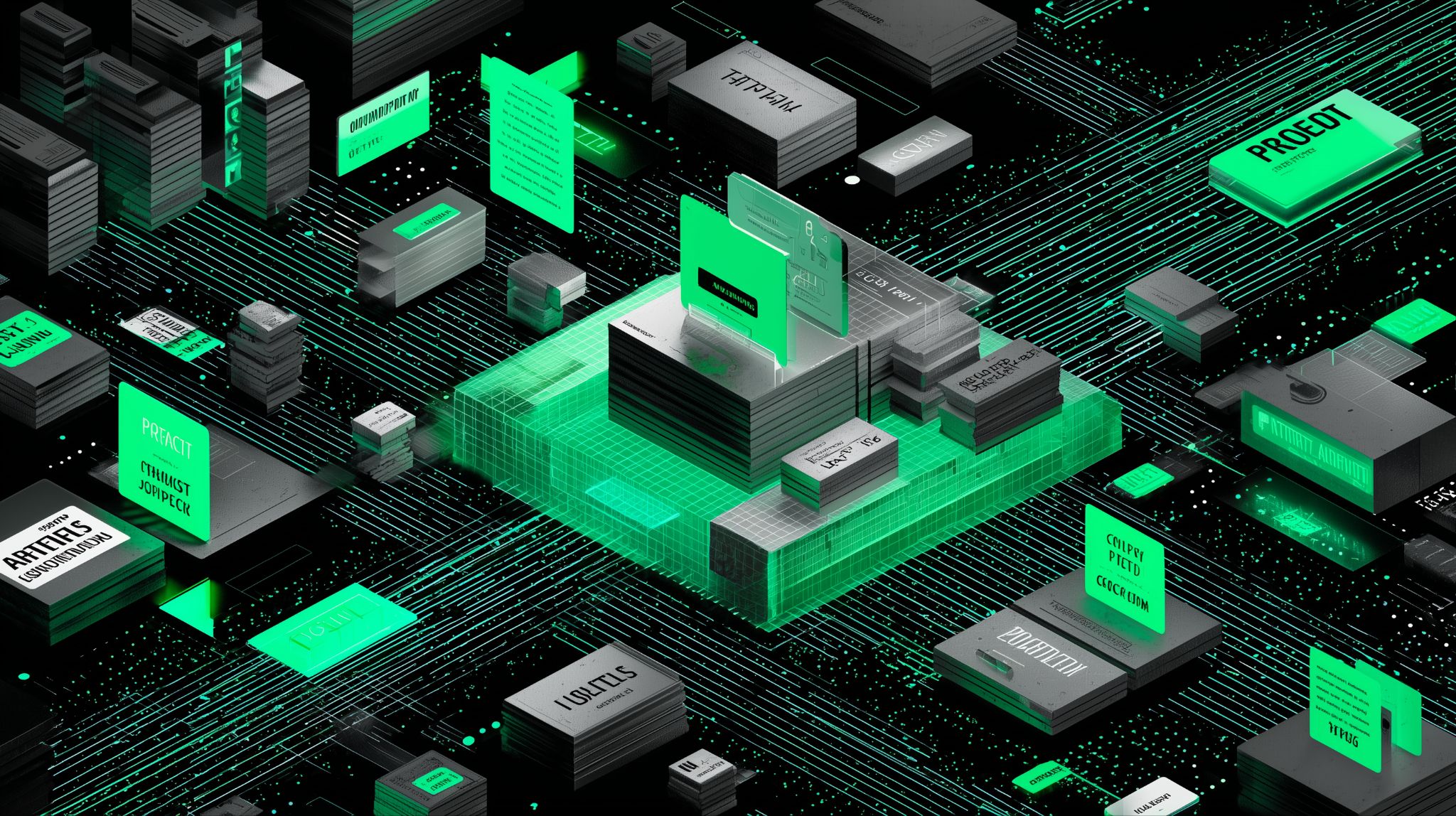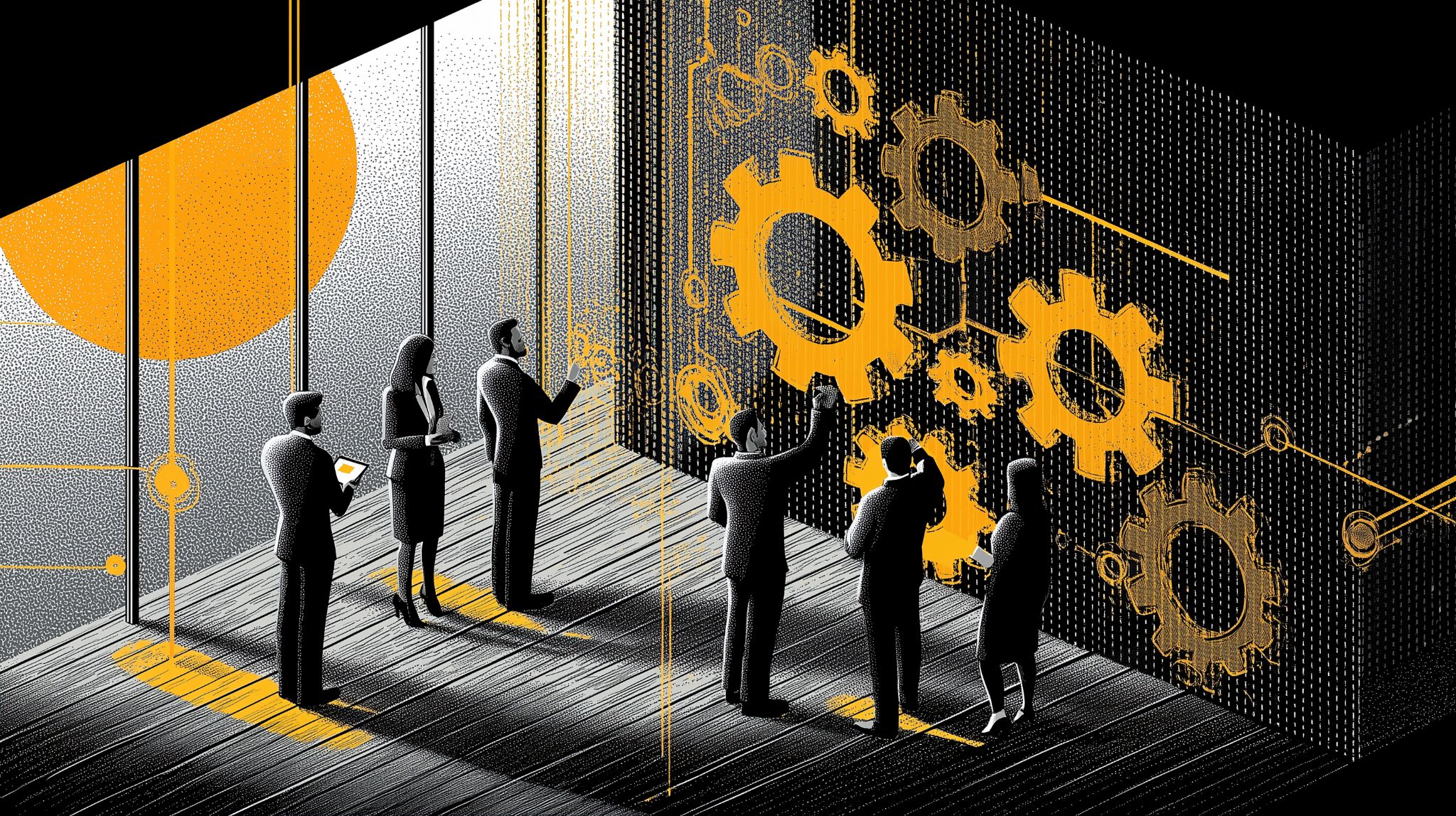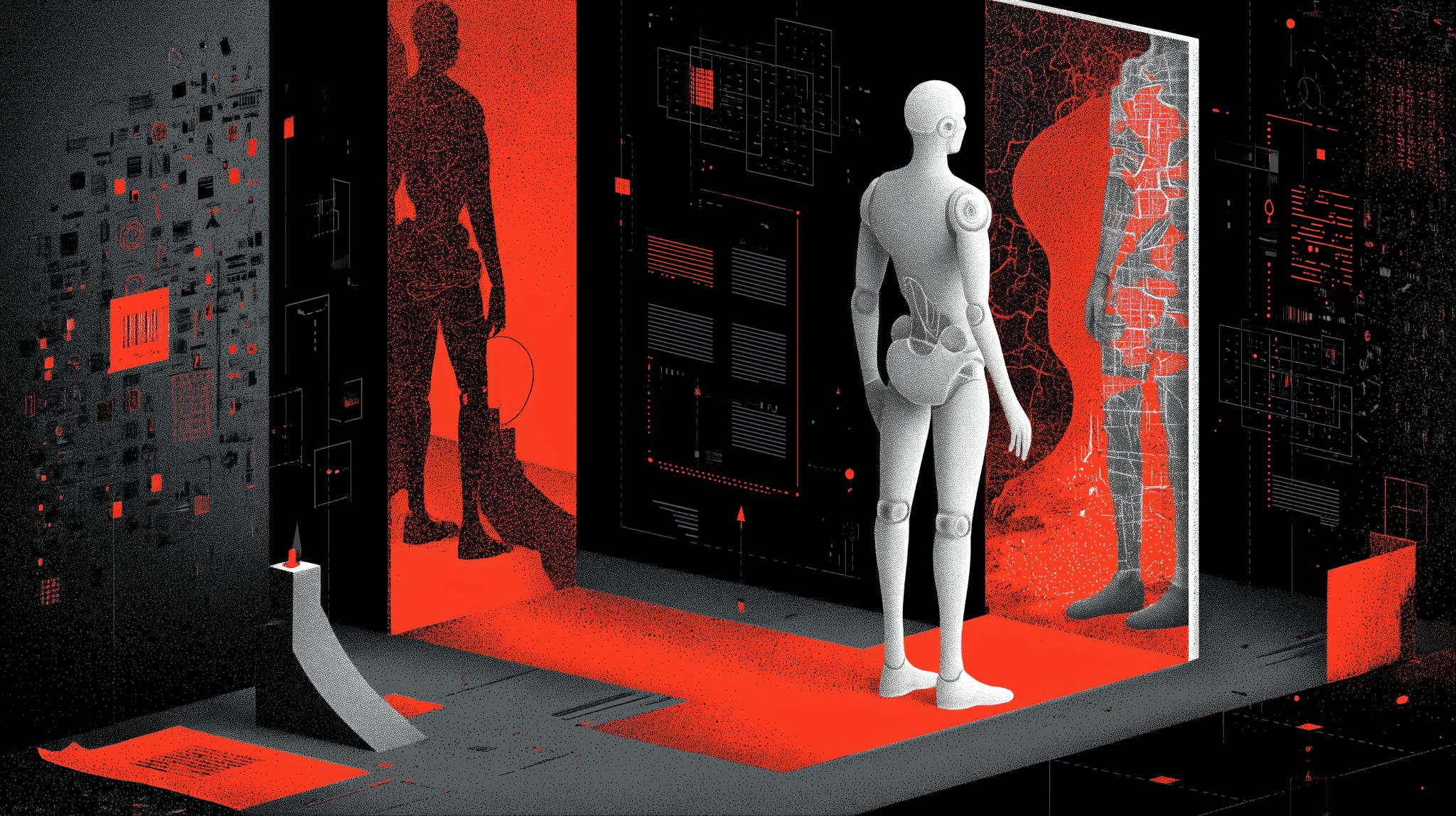How to Use AI to Reduce Time-to-Market for Your Marketing Campaigns in 2025

Discover how AI speeds up your marketing campaigns, reduces time-to-market, and optimizes collaboration without replacing human creativity.
What is Time-to-Market and Why It Matters in 2025
Time-to-market (TTM) refers to the time it takes from the birth of an idea to its effective launch. In a world where trends change weekly, this period has become a key factor for competitiveness.
According to a McKinsey study, companies that effectively reduce their time-to-market and combine technology, personalization, and omnichannel strategies can see their market share increase by more than 10% per year compared to less agile competitors (McKinsey).
In 2025, reducing this time is vital to:
- Meet consumer expectations for personalized and immediate experiences.
- Anticipate trends using real-time data.
- Maximize marketing ROI by launching relevant campaigns faster.
Why Time-to-Market Remains a Challenge
While speed has become essential, many factors continue to slow down marketing campaigns:
- Asset localization: Multiple translations, cultural adaptation, and regulatory constraints can cost days, even weeks.
- Excessively long approvals: Endless email exchanges between agencies, internal teams, and service providers delay campaign launches.
- Lack of understanding between brands and agencies: Imprecise briefs, creative back-and-forth, and differing visions lead to roadblocks.
- Organizational silos: Each team uses its own tools, complicating content centralization and reuse.
- Manual version management: Searching for the right variation of a visual or video consumes valuable time.
These organizational hurdles directly impact competitiveness. This is precisely where artificial intelligence can make a difference.
The Concrete Contributions of AI to Speed Up Your Campaigns
AI isn’t meant to replace marketers; it's designed to save time by automating certain tasks and streamlining internal processes, which reduces organizational and technical friction.
1. Automation of Repetitive Tasks
Writing emails, audience segmentation, reporting—AI can automate all these time-consuming tasks.
The result: Marketing teams can dedicate more time to strategy and creativity.
2. Content Generation and Personalization
Generative tools (for text, images, and video) allow you to quickly create variations adapted for different market segments.
Example: A product message can be adapted into several languages in a few minutes, instead of several days.
3. Collaboration and Marketing Asset Management
Creative management platforms like MTM facilitate collaborative work through:
- Centralized collaboration on a single platform.
- Seamless sharing with stakeholders and approval capabilities via review links.
- Intelligent asset archiving.
These features drastically reduce delays related to internal approvals and scattered file exchanges.
4. Scenario Simulation and Management
AI allows you to virtually test several campaign strategies before launching them.
Example: Predict which channel will generate the most conversions in a specific market.
AI for Time-to-Market and Strategic Creativity
Reducing time-to-market is no longer just a matter of efficiency; it's a condition for survival in a constantly changing market.
AI speeds up the design, personalization, and distribution of campaigns, all while giving marketing teams the freedom to focus on what gives them value: creativity and strategic vision.
In 2025, successful companies won't be those that have replaced their marketers with algorithms, but those that have equipped them with the right AI tools.
According to McKinsey, "Companies that integrate artificial intelligence into their marketing processes see a 30 to 50% reduction in time-to-market, while increasing their ability to personalize at scale."(McKinsey).
Expert Quote "Artificial intelligence doesn't replace strategy; it supercharges it. Marketers can now reduce the time between idea and launch, all while personalizing at a massive scale." Andy Crestodina, Co-founder & CMO of Orbit Media Studios (Content Marketing Institute)
FAQ
1. What is time-to-market in digital marketing? Time-to-market is the time elapsed between a campaign idea and its effective launch. In digital marketing, reducing this time allows you to seize trends faster and remain competitive against more agile competitors.
2. How does artificial intelligence help accelerate the launch of marketing campaigns? AI reduces time-to-market by automating repetitive tasks (reporting, segmentation, translation) and improving collaboration via centralized platforms. The result: campaigns are designed, approved, and distributed in a few days rather than several weeks.
3. Does AI replace marketers in campaign creation? No. AI is not meant to replace marketers, but to assist them. It handles content production and data analysis, while human teams retain creativity, strategy, and brand vision.
4. What are the best AI tools for reducing time-to-market? Among the most effective tools are:
- Creative management platforms (e.g., MTM for versioning, review links, smart archiving).
- Generative AI solutions (text, image, video) to create personalized content at scale.
5. Which companies are already using AI to reduce their time-to-market? Several leaders have adopted AI to gain speed: L'Oréal, which accelerates the distribution of its global campaigns; e-commerce players who synchronize stocks and catalogs in real-time; and SaaS companies that test and deploy their campaigns faster through marketing scenario simulation.
Sources
- McKinsey & Company – How generative AI can boost consumer marketing (2023) : Read the study
- McKinsey & Company – How generative AI could accelerate software product time to market (2023) : Read the study
- Harvard Business Review – How Generative AI Is Changing Creative Work (2023) : Read the study
- Quable – PIM et réduction du time-to-market (2024) : Read the blog



